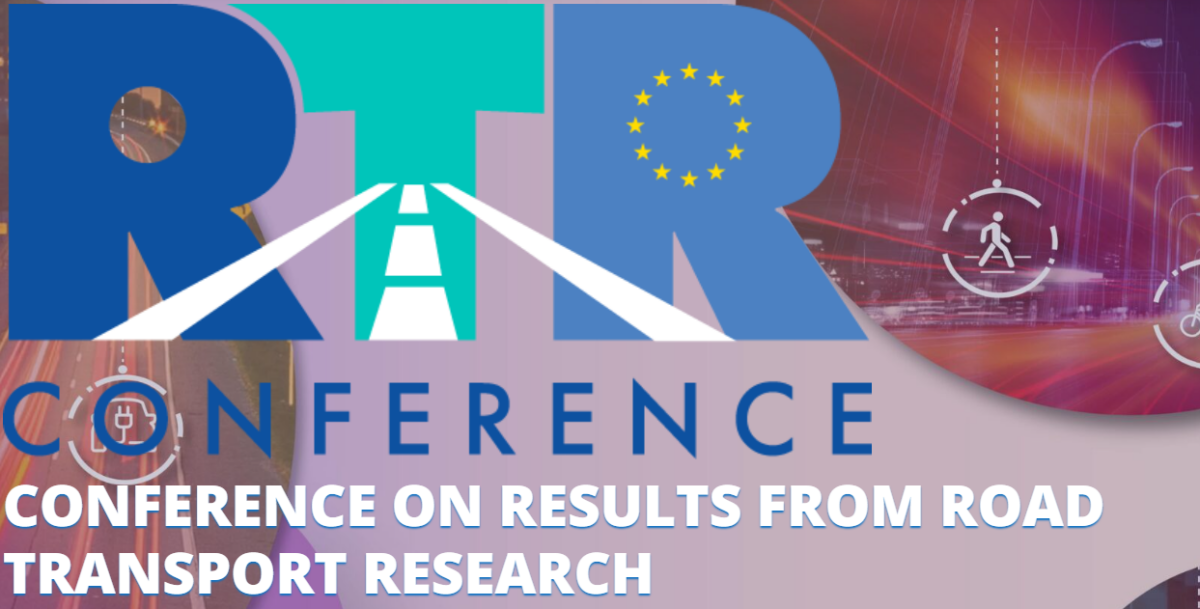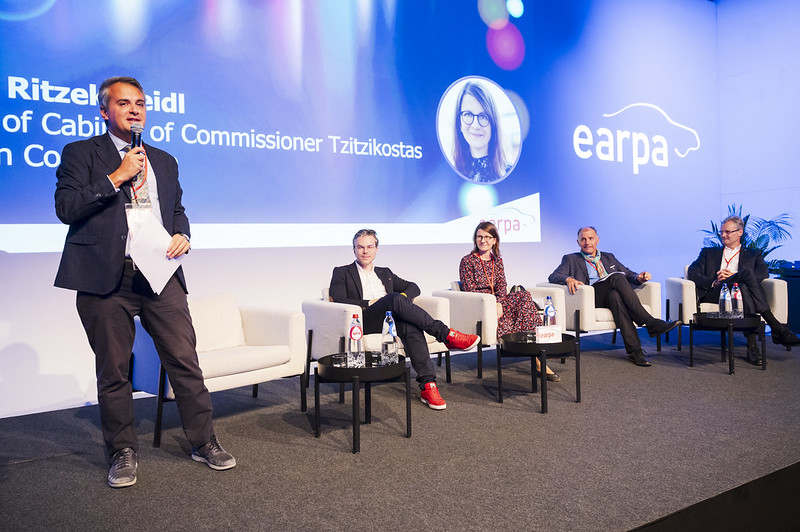Collaboration and Project Management
Participating in the EARPA Foresight Group meetings for Collaboration and Project Management (CPM) fosters the collaboration between EARPA members and equips them with useful and current knowledge about funding mechanisms and their requirements, project management processes, proposal writing, contracts management, project reportings and more. The contents and schedule of the meetings are based on needs and requests from members, enabling and motivating them to submit, execute, conclude and exploit EU-funded mobility projects.
Only EARPA Members can join this Foresight Group. Interested in becoming an EARPA Member, see here.
Speaker
Verena Wagenhofer (AVL)
Hans-List-Platz 1
8010 Graz
Austria
Telephone: +43 316 787 6160
Secretary
Jean-Marc Zaccardi (IFPEN)
IFP Energies nouvelles – Mobility and Systems Division
Rond-point de l’échangeur de Solaize – BP 3
69360 SOLAIZE
France
Telephone: +33 6 20 31 85 83
Participating Members
AIT, AVL, Applus+ IDIADA, CEIT, CERTH, CMT, Chalmers, DLR, EARPA, EURECAT, Eindhoven University of Technology, FEV, Fraunhofer LBF / EMI / IWU, Ghent University, Horiba MIRA, IAV, IFPEN, IKA, INEGI, KIT, KU Leuven, LAT – Aristotle University Thessaloniki, LEITAT, MOBI – Electromobility research centre, Mondragon University, Mosaic Factor SL, PWT, Siemens Industry Software NV, THI, TNO, Tecnalia, UNIMORE, UWB, University of Firenze, University of Ljubljana, University of Stuttgart, Vicomtech, Virtual Vehicle.
22/12/2025
Going on its 9th edition, the RTR Conference is a unique entry point into the achievements of EU-funded projects in road transport
08/10/2025
The two-day programme featured a conference, exhibition, and networking reception, providing a vibrant platform for dialogue, innovation, and partnership-building across Europe’s automotive ecosystem.
08/09/2025
This exclusive webinar brings together pioneering projects from EARPA members that are redefining sustainability, safety, and circularity in road transport.



